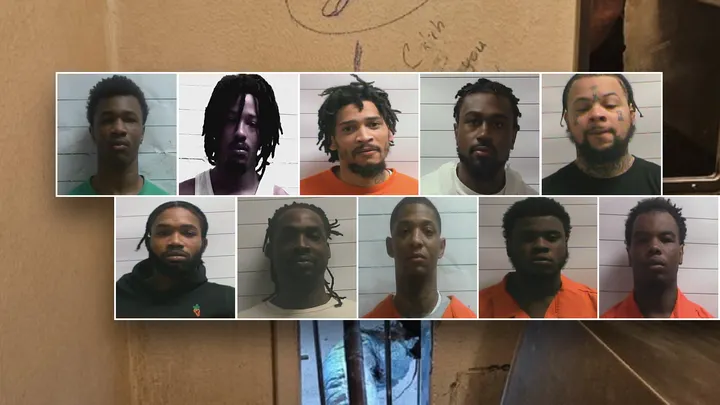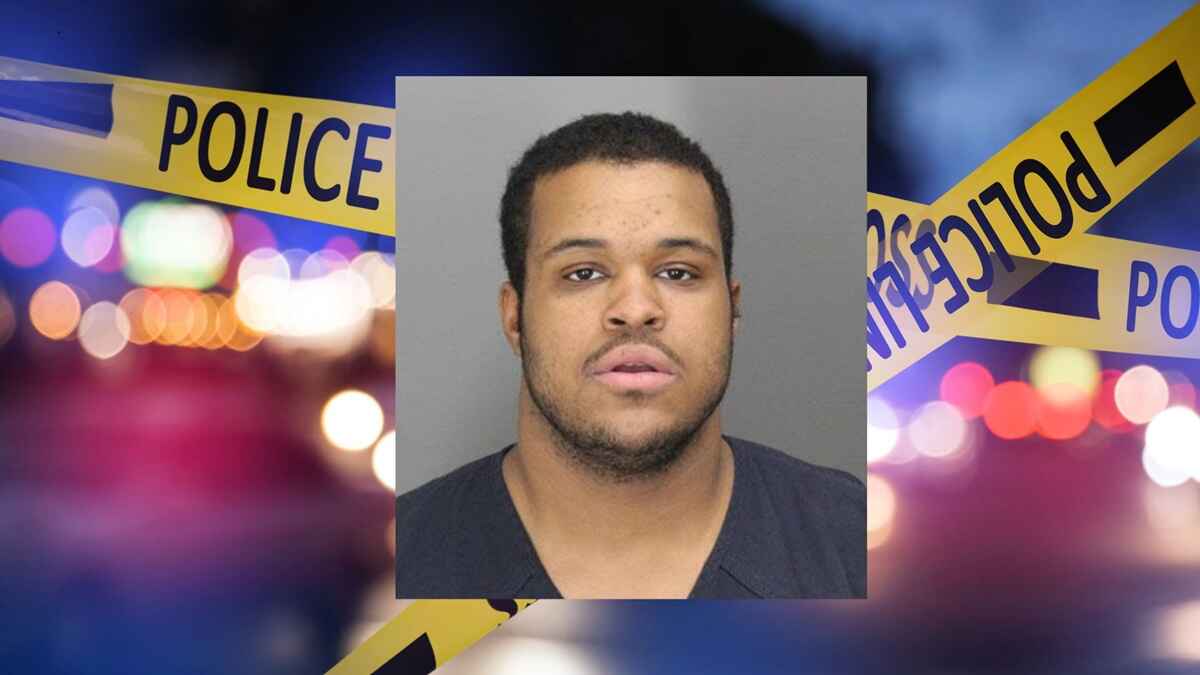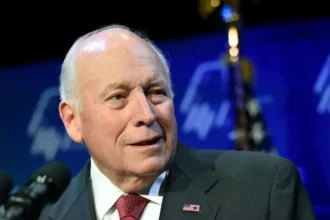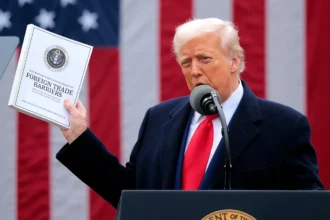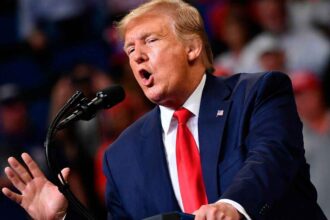Texas Attorney General Ken Paxton (R) may soon have broader jurisdiction to investigate elections in Democratic districts after the Texas Senate passed H.B. 5138 on Tuesday.
The law, along with H.B. 45, which gives Paxton more discretion in prosecuting alleged human trafficking cases, now needs Governor Greg Abbott’s (R) final approval.
Together, the two bills significantly increase Paxton’s prosecutorial authority. His office would now be able to investigate alleged cases of election fraud or trafficking throughout the state, even without the cooperation of local prosecutors or community leaders.
The bill’s passing comes just years after the Texas Court of Criminal Appeals (CCA) limited Paxton’s election-related powers in a 2021 decision. At the time, the court ruled that he could only intervene if a district or county attorney urged him to do so, a judgment that Governor Abbott publicly criticized in 2023.
The current legislation directly challenges that court precedent, removing Paxton’s reliance on local officials to launch investigations. It effectively authorizes him to conduct independent investigations into Democratic-led regions, which aligns with long-held Republican worries about alleged election fraud in those areas.
Paxton has repeatedly claimed that fraud is rampant in Democrat-controlled counties, often without substantial evidence. These concerns have fueled previous raids and legal actions, including those targeting Democratic campaigners.
One notable case occurred during a tight race for a Texas House seat last year. Paxton’s office launched a high-profile investigation into Democratic candidate Cecilia Castellanos, leading to a raid on her campaign. That race ultimately ended in a Republican win for former Uvalde Mayor Don McLaughlin, whose campaign benefited from the investigation’s publicity.
Until now, such operations depended on finding cooperative local prosecutors, a requirement that H.B. 5138 seeks to eliminate. With the new bill, Paxton’s team can act independently, even in regions hostile to his political agenda.
Paxton has long blurred the gap between problems with immigration and electoral integrity. He has targeted nonprofit groups that assist migrants, alleging that their presence could be used to influence elections.
During last year’s election season, he accused Democrats of attempting to register noncitizens to vote, citing a Fox News anecdote that was later refuted by Republican county officials.
Despite a lack of proof, Paxton sued Harris and Bexar counties for voter registration efforts. These counties, both Democratic strongholds, were accused of attempting to inflate voting rolls with ineligible voters.
Critics argue these new powers could serve Paxton’s own political ambitions. The Attorney General has announced plans to challenge incumbent Sen. John Cornyn (R) in a Republican primary next year.
With direct authority over election investigations, Paxton could now shape the political landscape in powerful ways — especially in traditionally Democratic districts ahead of his own statewide campaign.
If Gov. Abbott signs the bill, it will mark a turning point in Texas politics, giving Paxton unmatched authority to pursue politically charged investigations across the state.



